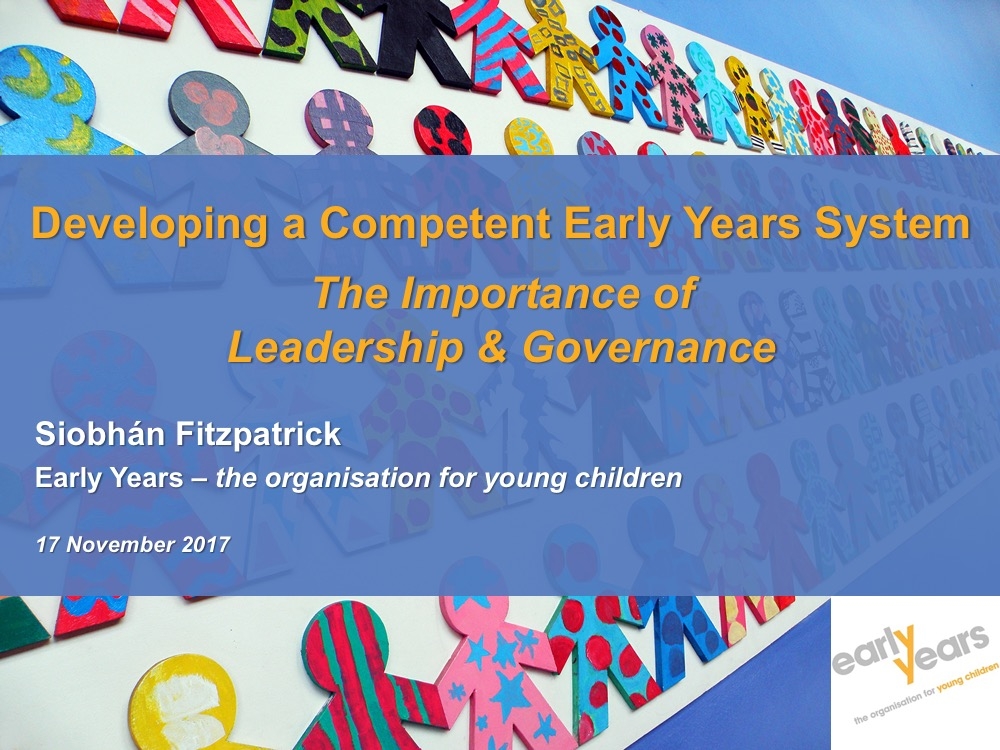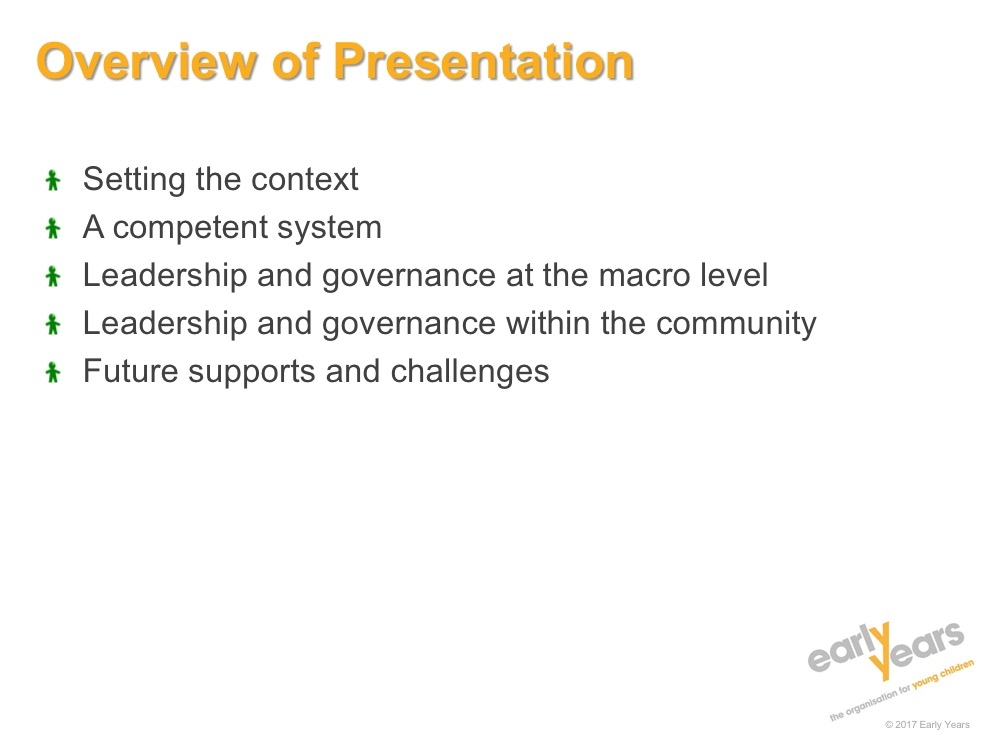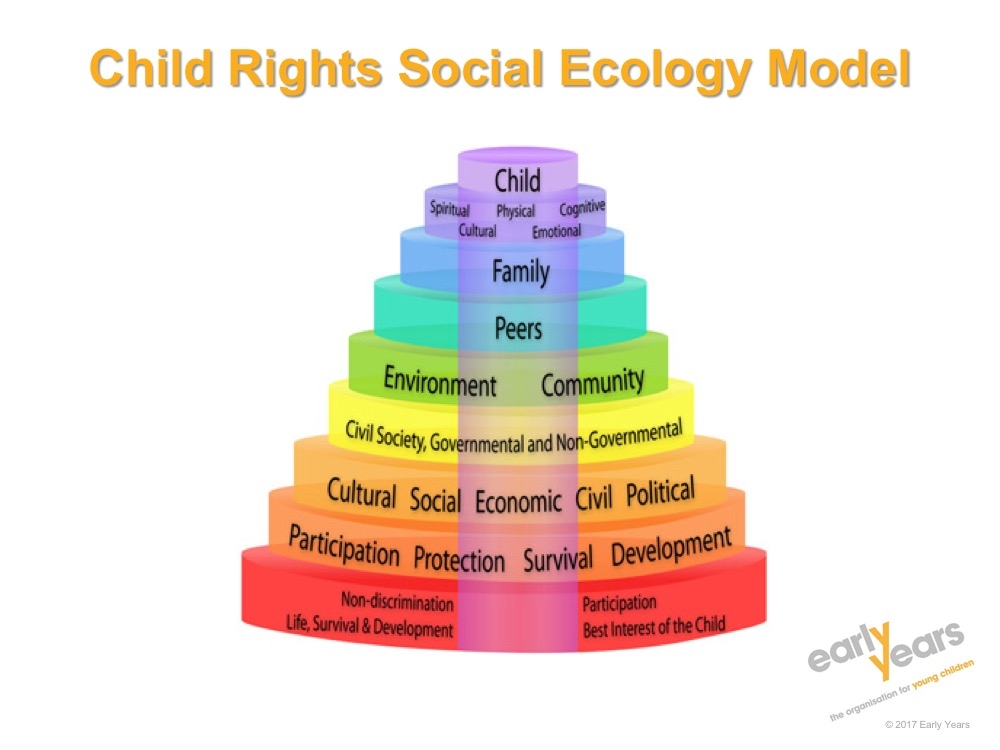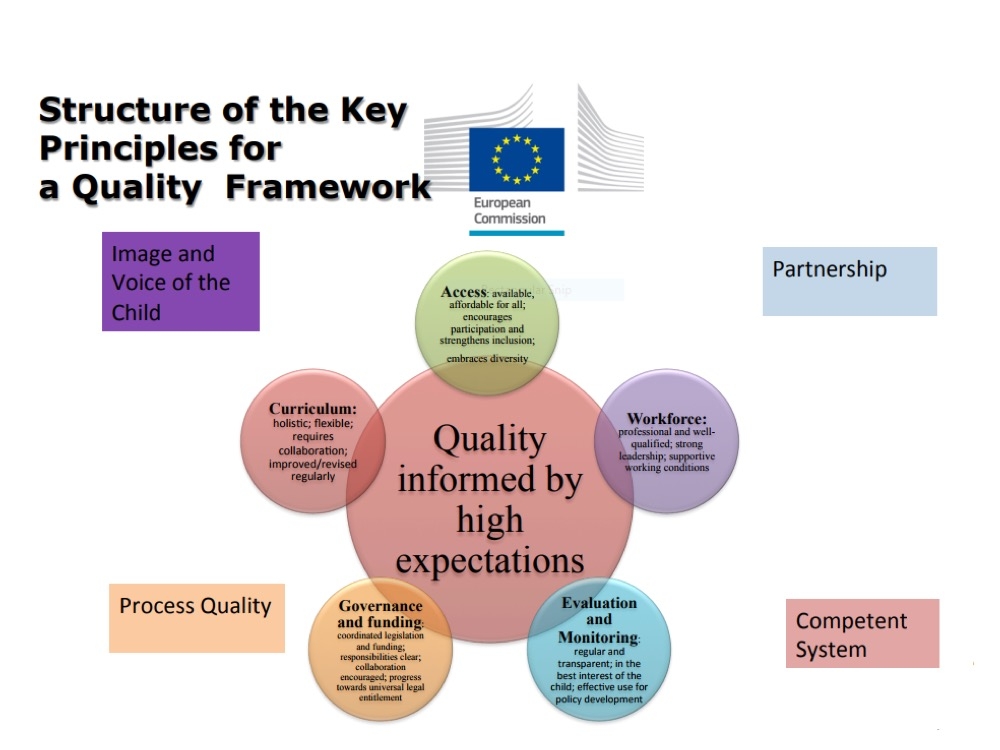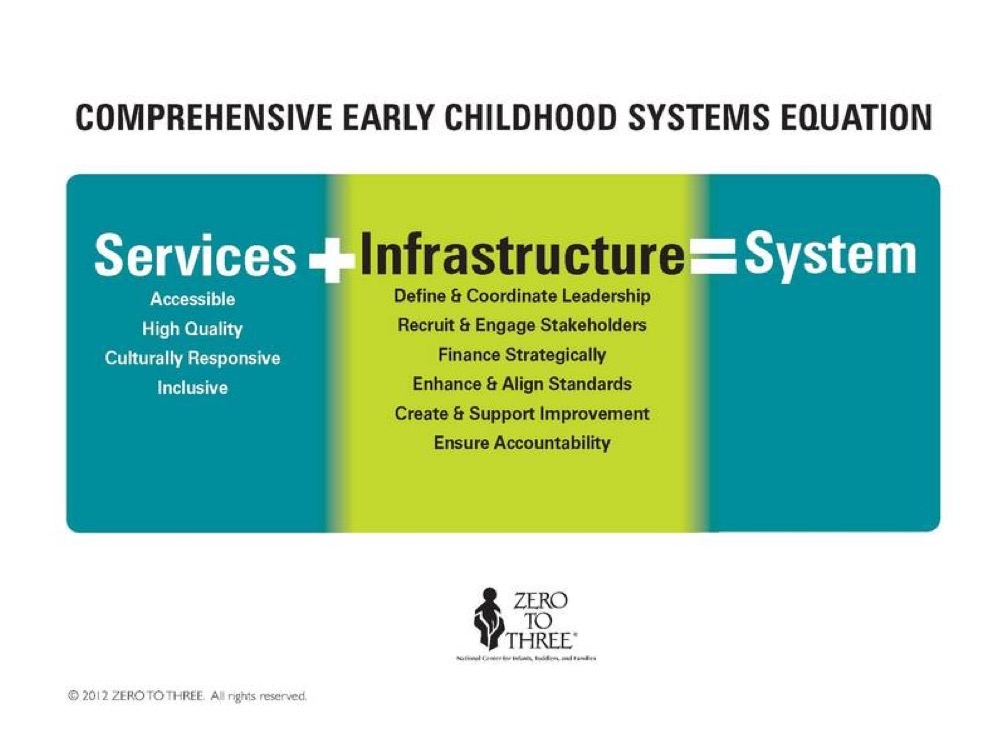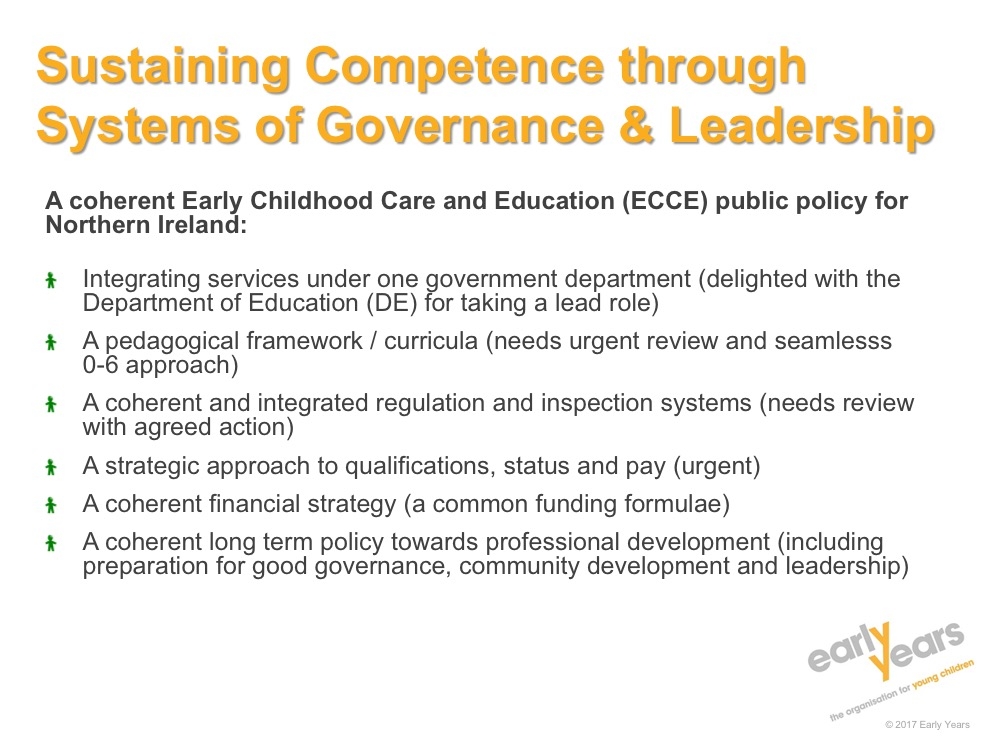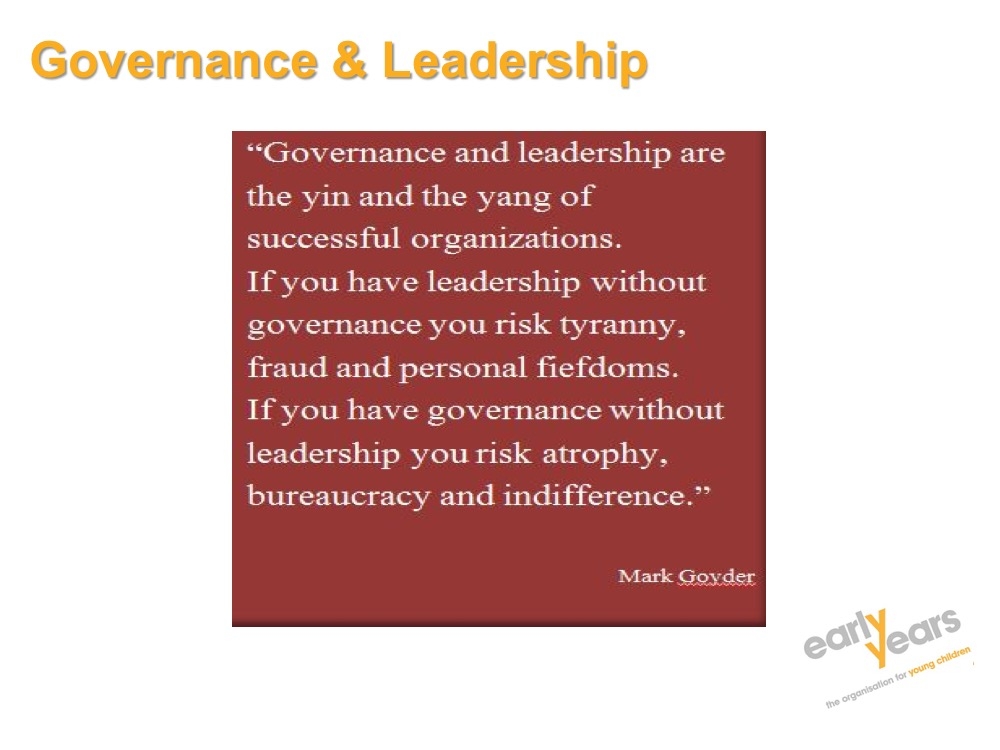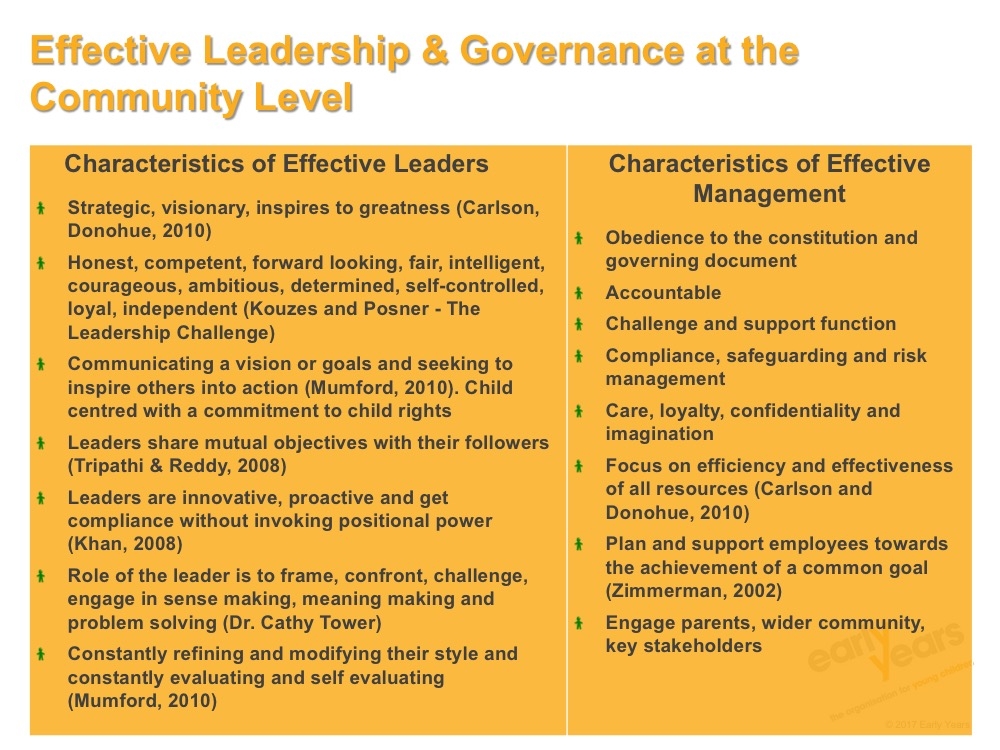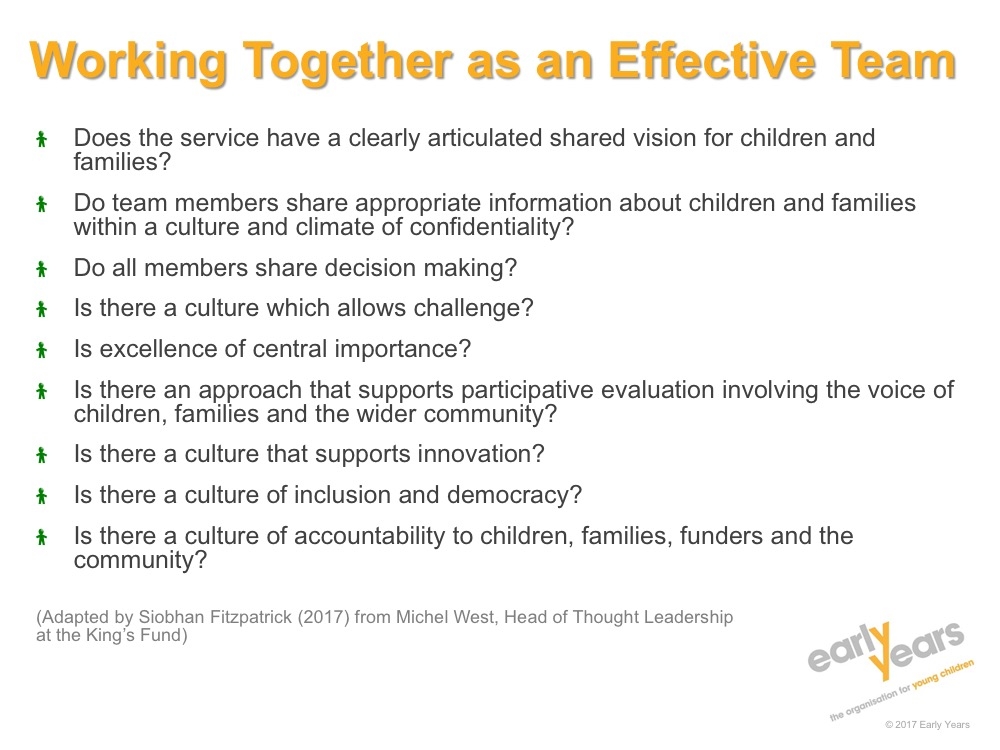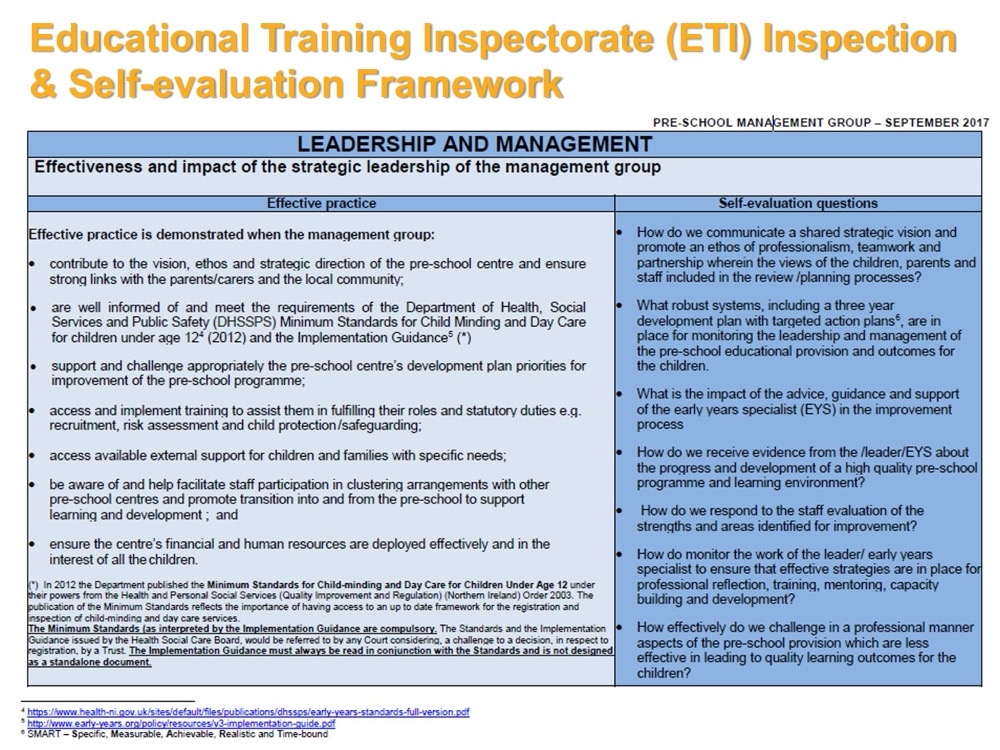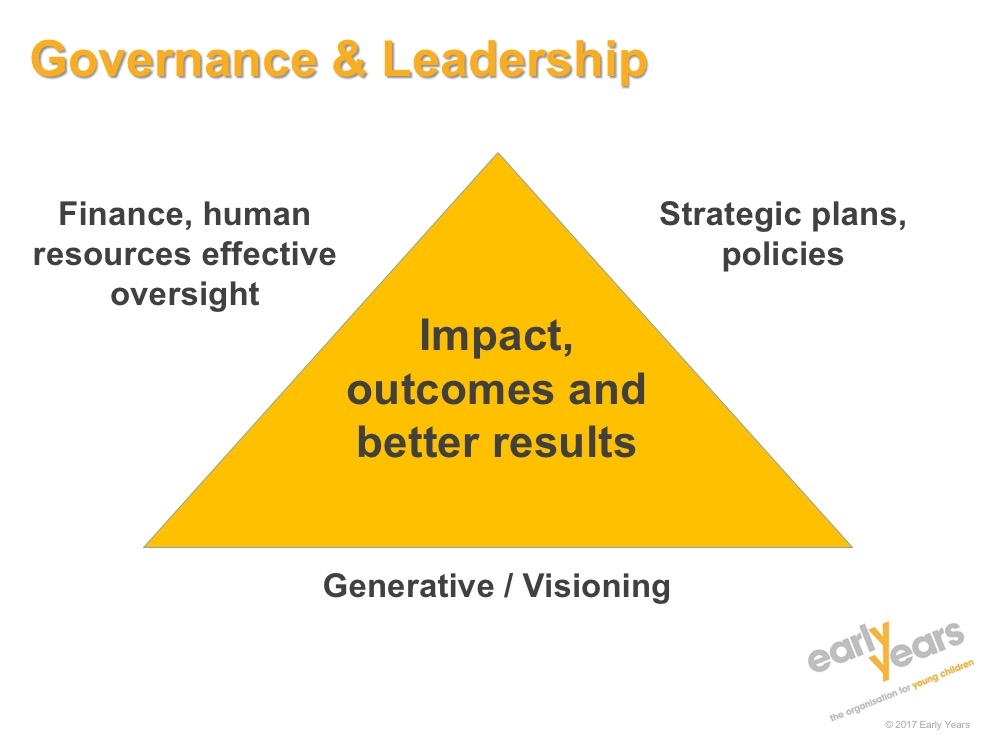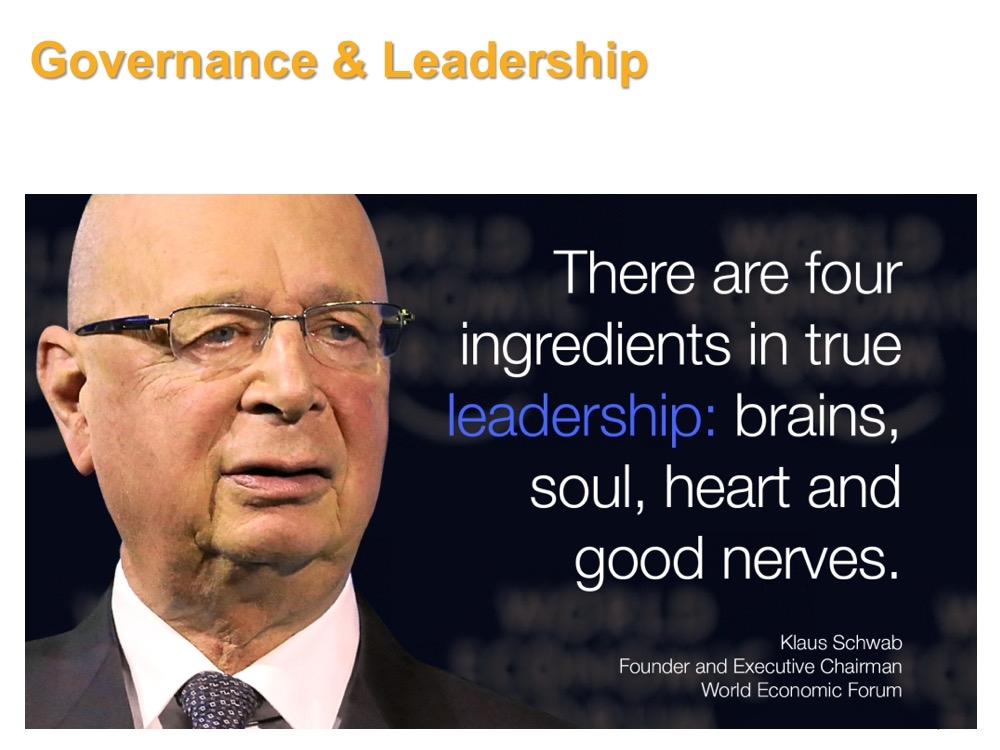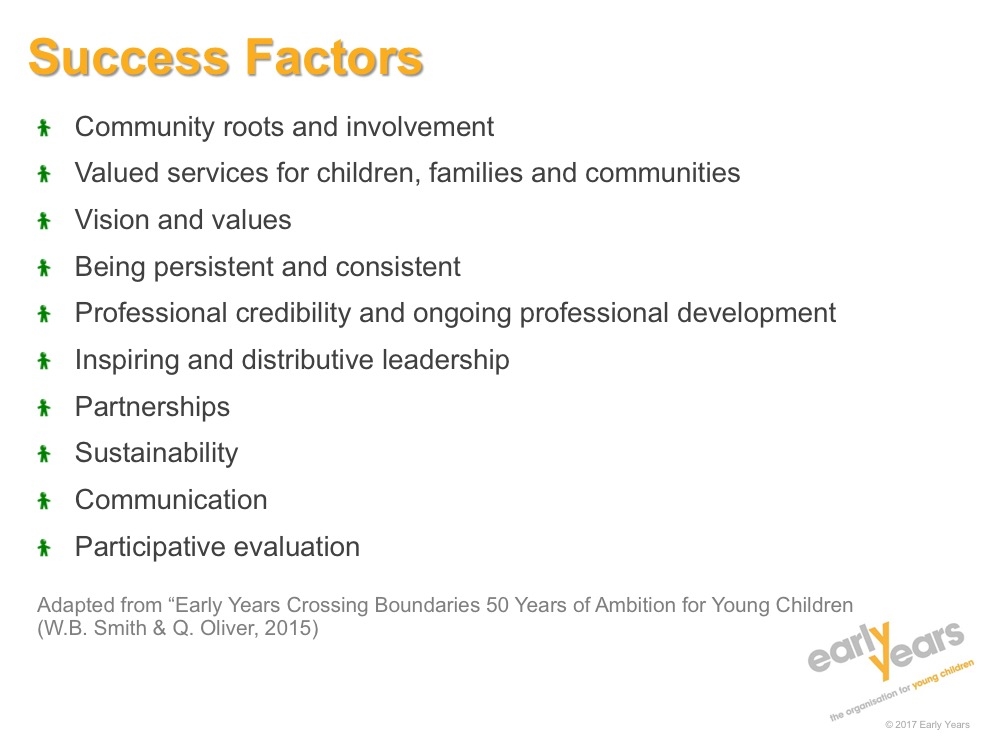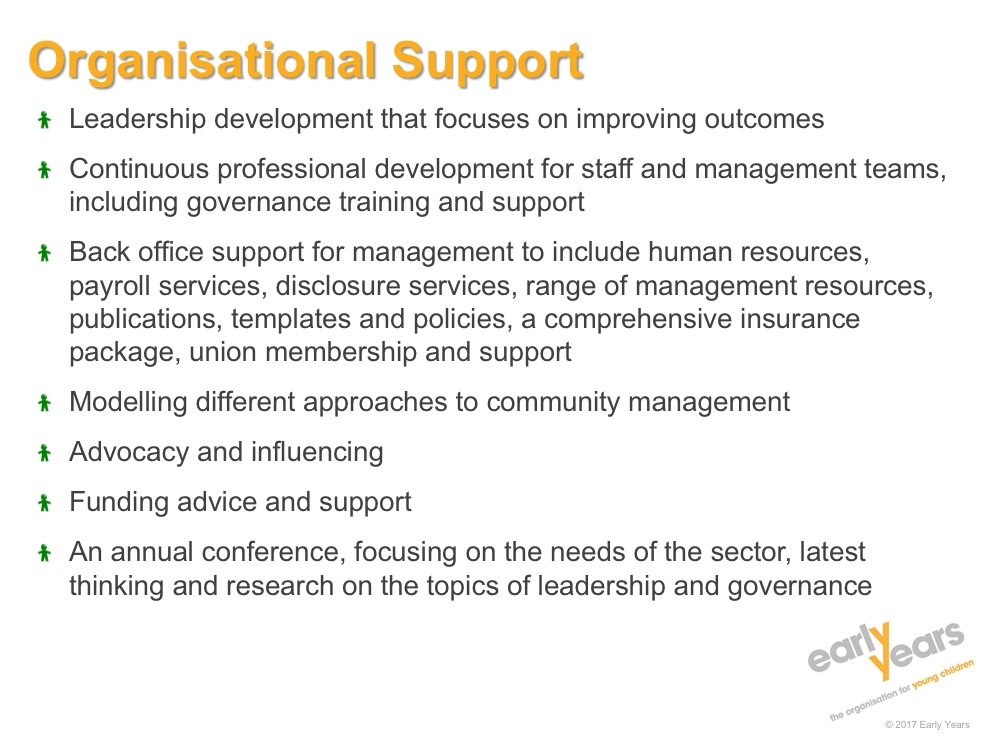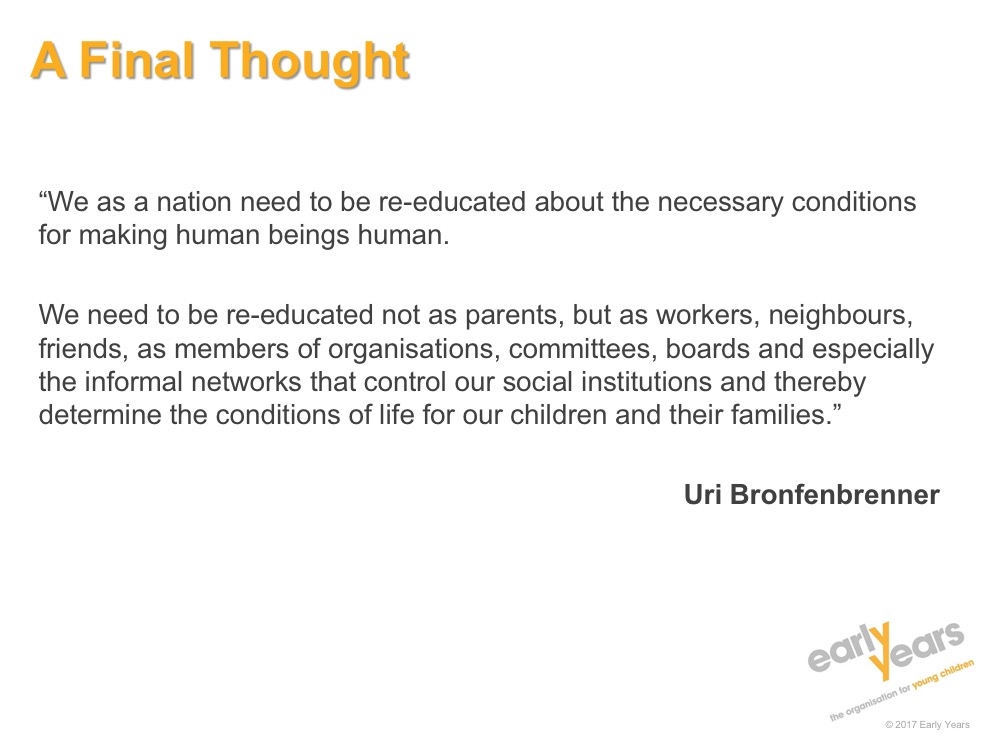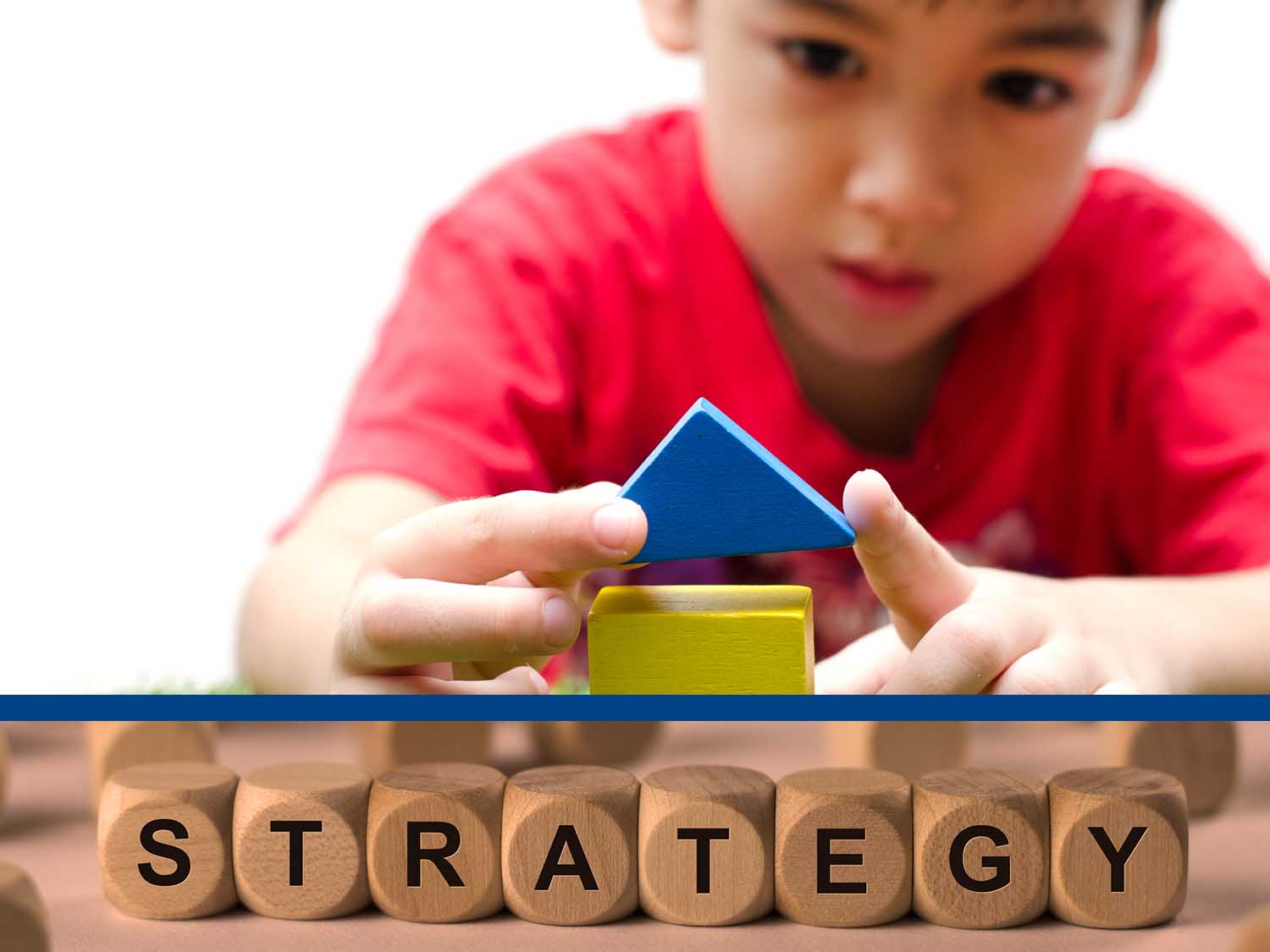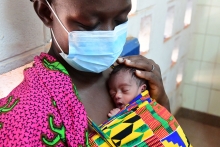Institutional capacity development for conflict-sensitive and peacebuilding-oriented ECD governance
Introduction
“Institutional capacity development for conflict-sensitive and peacebuilding-oriented Early Childhood Development (ECD) Governance” is a terminology coined for governments who recognize the potential of early childhood services as platforms for leveraging vertical and horizontal social cohesion, and who want to build relevant institutional competencies. Good governance is necessary since the lack of administrative capacity, or the inequitable distribution of social services, or the distribution of services that are irrelevant to the needs of diverse stakeholder groups can become a driver of conflict between individuals and communities. It is therefore important to ‘do-no-harm’ at a minimum, and ideally, services should be leveraged to ‘do more good’, that is: peacebuilding.
Conflict-sensitive and peacebuilding-oriented ECD governance requires:
1. the linking and development of programs that contribute to the mitigation of drivers of conflict, for which a clear evidence base is available.
2. the development of training programs that acquaint ECD service providers with the key arguments why ECD is peacebuilding-relevant, as well as instruments to make ECD peacebuilding-relevant in homes, schools, communities and government institutions, such as:
-
building children’s ability to trust and form relationships with others;
-
improving children’s educational attainments, psychological functioning, and reduce violent behavior;
-
providing models for working cooperatively, managing conflict, regulating emotions, showing appreciation for diversity, processing complex information;
-
mitigating children’s physical, verbal and psychological violence, and thus the cross-generational cycle of maltreatment in families and communities;
-
improving a mother or caregiver’s well-being, with benefits for the child and child-to-caregiver interactions, enabling harmonious and equitable relations across generations;
-
through diminishing inequities and contributes to social justice; and
-
through designing ECD services as a social platform for building community cohesion.
3. the provision of ‘continuous professional development opportunities’ (in addition to initial staff development), and which must provide platforms of dialogue between ECD practitioner colleagues and peers for sharing of personal experiences, and one-on-one coaching and mutual exchange.
4. leadership in contexts of unpredictability, high variability and uncertainty, on how to support staff, and provide ‘ECD for peacebuilding’ guidance.
5. institutionalize and improve performance of “pedagogical coordinators” who facilitate exchanges within informal reflective communities of practitioners for continued self-reflection.
Contributors: Friedrich Affolter, Ed.D., serves as Secretary to the ECPC. He is an Education Expert for Risk-Informed Programming at the Education-in-Emergency and Early Childhood Development Units in UNICEF NY Program Division.
Siobhán Fitzpatrick, CBE, MBA, MSSC, CQSW, BSc., serves as Executive Committee Member to the Early Childhood Peace Consortium (ECPC). She is Chief Executive Officer of Early Years – the organization for young children in Northern Ireland.
Topics & initiatives
|
|
JOIN THE CONVERSATION
For breaking news and to stay connected, follow us on social media. Sign up to get our E-News delivered straight to your inbox.


